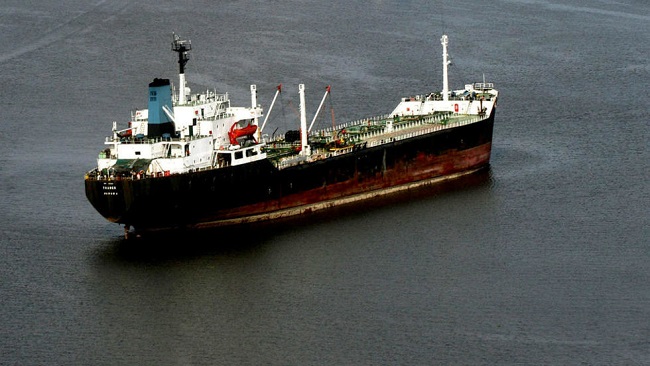As Oil Collapses, so Does a Vital Source of African Revenue
Accompanying the misery of the coronavirus pandemic has been an ongoing crisis in the oil industry. While the scale and tragedy of the coronavirus is front and center in our minds, the collapse of oil is more abstract, and its long term consequences will be serious. In the United States, the oil industry is already collapsing, but oil does not play the central role in the American economy that it does elsewhere, such as the Middle East sand Russia. Especially in Africa, the collapse of oil is likely to devastate government revenue at exactly the same time the continent faces the astronomical costs of responding to the coronavirus and looming famine.
The trade war between Saudi Arabia and Russia over oil production levels, and therefore the world price of oil, destabilized markets at the very moment that the seriousness of the pandemic was starting to hit home. Now, the oil crisis is dramatically worse. For a day or so, the price of oil fell into negative territory. That is, sellers were paying buyers to take the oil off their hands, in part because they have run out of storage capacity. While there has been some slight recovery, there is a worldwide glut of oil-producing capacity. At the same time, the shutdown of much of the world’s economic activity has all but dried up demand.
It is recognized that oil is crucial to Nigeria, which usually produces 2 million barrels per day, and Angola, which produces about 1.8 million barrels. Less well known is that over the past decade other African countries have entered the oil market. So much so that oil now accounts for more than half of sub-Sahara Africa’s exports. Further, African governments are often overly dependent on oil revenue, even when their oil industry is playing a declining role in their national economies. In Nigeria, for example oil accounts for less than 10 percent of GDP, but accounts for more than 90 percent of the country’s foreign exchange and can account for as much as 70 percent of the government revenue. Yet, faced with the costs of responding to the virus and the possibility, even likelihood, of famine, African governments will desperately need revenue and foreign exchange, both of which are disappearing. Governments will need to turn to the international financial institutions and foreign governments.
Eventually, oil will stabilize and the virus will be controlled. But it is hard to see oil prices ever again achieving their former levels; as recently as 2011, oil sold on the international market for over $110 a barrel, and many African governments were flush with cash. Those days are unlikely to ever return. This may force a reckoning in how African economies develop in the future.
Source: Council on Foreign Relations





